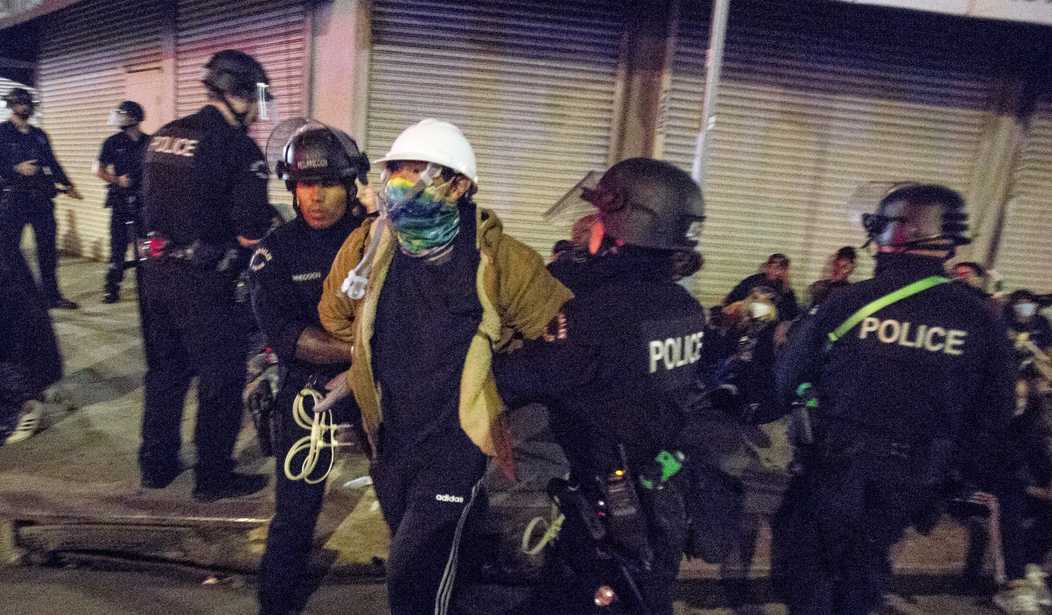The political assault on the American police profession continues apace. With the “de-fund” movement that arose following the death of George Floyd in 2020 having been revealed as harebrained, those who would see the nation’s police officers hamstrung in the fight against crime now turn to other, more indirect measures. In Los Angeles, this effort is taking shape in a campaign to change the LAPD’s disciplinary system so as to make it easier to fire an officer who has displeased his superiors.
LAPD officers cannot be fired summarily by the chief of police; they can be terminated only after being found guilty of misconduct at a “board of rights,” a quasi-judicial hearing at which three people serve as both judges and triers of fact. The board-of-rights system has evolved over the years, with the composition of the panels first being three command-staff officers, then two command officers and a civilian, and now, under provisions of a city charter amendment passed by the voters in 2017, the three members of the board can be, and most often are, civilians. Critics of the current system claim that these civilians have been too lenient, and that the chief should be given greater latitude in removing officers accused of misconduct.
One need not be a soothsayer to see the potential for abuse here. The current system came to be because LAPD officers recognized that placing their fate in the hands of command officers, whose own career advancement can be aided or hindered on the whims of the police chief, was fraught with peril, and they persuaded a sufficient number of voters to approve the change.
Now, with so many police interactions being viewed through a political lens, we see the effort to remove the reasonable protections put in place seven years ago. Every time they put on the uniform and go out in the field, police officers in Los Angeles and most other American cities bear the knowledge that if in making an arrest things do not go precisely by the book (as they most often do not), their actions will be endlessly scrutinized by their superiors and, if the racial calculus of the encounter is such that it attracts media attention, by anyone in the world with access to a video screen.
And, if sufficient furor is then aroused, to the extent that politicians see their chances of re-election threatened, the standard by which an officer’s actions are evaluated can be altered in such a way as to find them deficient and warranting his dismissal and even his prosecution and imprisonment. Look no further than the fates of the four officers blamed for George Floyd’s death for an illustration of this process taken to its ludicrous extreme.
A worrying parenthetical to this issue was raised in the Los Angeles Times story (linked above) published on Wednesday. The article raised the question of what role the civilian police commission should have in overhauling the LAPD’s disciplinary system, and Commissioner William Briggs is reported to have wondered why the city council didn’t simply repeal the 2017 charter amendment. It’s troubling to know that Mr. Briggs, a member of one of the city’s most influential entities, is apparently unaware that the city council lacks such authority as charter amendments require a vote of the people.
Like everyone else, police officers respond to incentives and disincentives, and in the current political climate the balance weighs against taking risks when confronting crime and disorder in Los Angeles. Increasing those risks will only make things worse for the law-abiding residents of the city.










Join the conversation as a VIP Member